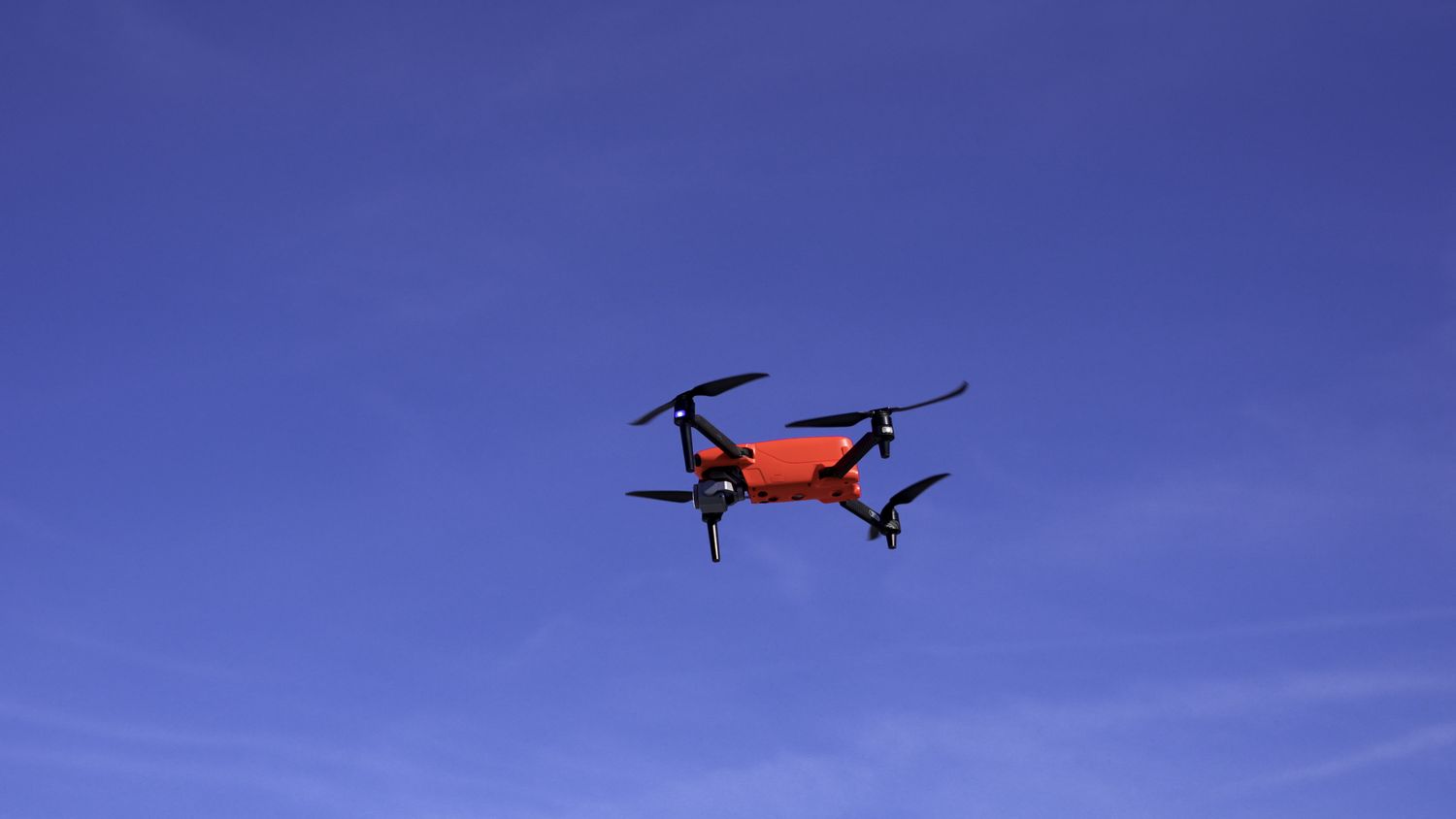Whether you are a drone enthusiast or a professional drone pilot, while mastering drone flying skills, you also need to know drone-related professional terms, and quickly know the relevant vocabulary in the drone industry to better for drone communication.
The following are common drone terms and vocabulary:
UAV: Abbreviation for Unmanned Aerial Vehicle, which refers to an aircraft without personnel.
UAS: Abbreviation for Unmanned Aircraft System, which refers to a collection of drones, ground control stations and other related components.
AC: Aircraft.
Drone: A common name for drones, now widely used to describe small unmanned aerial vehicles, often seen in multi-rotor drones.
AGL: Above Ground Level, Refers to the altitude above the ground immediately under the drone. For example, a drone flying 100 feet above a 45-foot hill would have an AGL of 55 feet.
BLOS: Beyond line of sight
VLOS: Visual line of sight
BVLOS: Beyond Visual Line of Sight, The ability to operate an unmanned aircraft beyond the pilot’s line of sight. Flying UAS beyond visual line of sight requires a special permit from the FAA.
FC: The abbreviation of Flight Controller, which refers to the core controller of the drone, which is responsible for controlling the flight, navigation and stability of the drone.
ESC: The abbreviation of Electronic Speed Controller, which refers to the electronic components that control the speed and steering of the drone motor.
GPS: The abbreviation of Global Positioning System (Global Positioning System), which refers to the satellite system used for positioning and navigation.
GLONASS: Global Navigation Satellite System (Russian Satellite Navigation System)
FPV: The abbreviation of First Person View, which refers to the real-time observation of the drone's flight picture through the camera on the drone.
RTF: Abbreviation for Ready-to-Fly, which refers to a drone that can fly directly without assembly or debugging after purchase.
RTH: Return to Home, When the drone operator triggers the function on the remote control or when a drone is automatically set to return to home if battery power is low or signal from the transmitter is lost.
LiPo: The abbreviation of Lithium Polymer Battery (Lithium Polymer Battery), which refers to high energy density and lightweight batteries commonly used in drones.
Brushless Motor: Brushless motor, which refers to a brushless DC motor, which is often used in drone power systems.
Payload: Payload refers to the additional devices or equipment that the drone can carry, such as cameras, sensors, items, etc.
Obstacle Avoidance: Obstacle avoidance technology refers to the technology that drones identify obstacles and automatically avoid them through sensors, cameras and other technologies.
Autonomous Flight: Autonomous flight refers to the ability of drones to achieve autonomous flight through preset routes, GPS and other technologies.
Waypoint: Waypoint refers to the preset navigation point of the drone during autonomous flight.
Geofencing: Geofencing Technology that uses global positioning system (GPS & GLONASS) to establish a virtual geographic boundary to prevent drones from flying into specific areas.
Photogrammetry: A method of surveying and mapping through stitching photographs together to make one large image.
Part 107: These are commercial drone operator regulations created by the Federal Aviation Administration to define restrictions and safety standards for commercial drone flights.
Pitch: When the front of the drone moves up and down.
Roll: When the sides of the drone go up and down.
Yaw: Orbiting the drone from right to left.
AMA: Academy of Model Aeronautics
MSL: Mean Sea Level
AMSL: Above Mean Sea Level
ARTF: Almost ready to fly
ASL: Above Sea Level
ATTI: Attitude
AUW: All Up Weight
BNF: Bind n Fly (transmitter)
BTU: Blue Tooth Unit
Cal: Calibration
CA: Collision Avoidance
CAA: Civil Aviation Authority (UK Regulator)
CAAS: Civil Aviation Authority of Singapore (Singapore Regulator)
CL: Course Lock
CSC: Combination Stick Command
FAA: Federal Aviation Administration (US Regulator)
FRZ: Flight Restricted Zone
FS: Failsafe
GHz: Giga-hertz
HL: Home Lock
IR: Internal Resistance
IOC: Intelligent Orientation Control
IMU: Inertial Measurement Unit
LHCP: Left Hand Circular Polorized
LOS: Line of sight
MC: Main controller
NFZ: No Fly Zone
MHz: Mega-hertz
Nicad: Nickle Cadmium
NOTAM: Notice to Airmen
OA: Obstacle Avoidance
OP: Original Poster
POI: Point of Interest
RC: Remote Control
RHCP: Right Hand Circular Polorized
RTM: Read The Manual
Rx: Receiver
SFRA: Special Flight Rules Area
SOC: State Of Charge
SPS: Starlink Positioning System
SUA: Small Unmanned Aircraft (What the CAA call what we fly)
SUSA: Small Unmanned Surveillance Aircaft (What the CAA call what we fly)
sUAS: Small unmanned aircraft system (what the FAA calls what we fly)
TC: Transport Canada
Tx: Transmitter
VRS: Vortex Ring State
VTx: Video Transmitter
VRx: Video Receiver
VPS: Visual Positioning System








